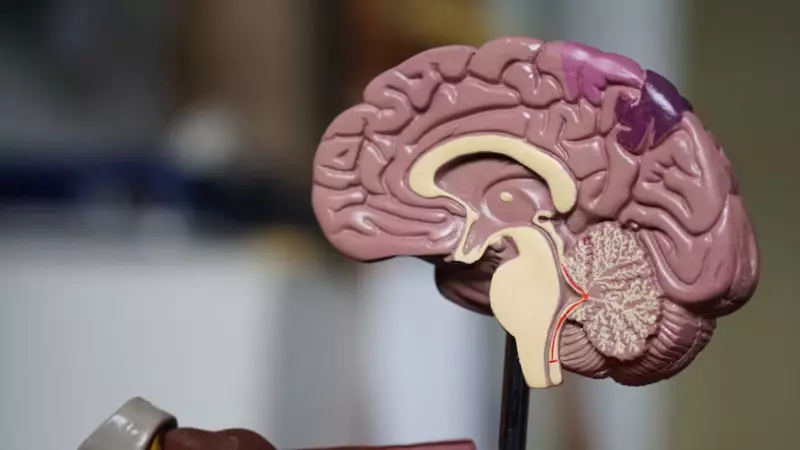
When we think about brain health, we often imagine complex supplements and expensive treatments. However, nature has provided us with numerous everyday foods that can significantly enhance our cognitive function and protect our brain from age-related decline. Recent research has uncovered some surprising candidates that belong in your brain-healthy diet.
The Unexpected Brain Boosters in Your Kitchen
Many common foods hiding in plain sight in Indian kitchens possess remarkable brain-enhancing properties. Walnuts, with their wrinkled appearance resembling the human brain, are packed with omega-3 fatty acids, antioxidants, and vitamin E that protect brain cells from damage. Regular consumption can improve memory and cognitive processing.
Turmeric, the golden spice ubiquitous in Indian curries, contains curcumin—a powerful compound that crosses the blood-brain barrier. This superstar ingredient reduces inflammation and oxidative stress while helping clear amyloid plaques associated with Alzheimer's disease. Adding black pepper to turmeric dishes enhances curcumin absorption by up to 2000%.
Dark chocolate with high cocoa content (70% or more) provides flavonoids, caffeine, and antioxidants that boost memory and slow down age-related mental decline. The flavonoids accumulate in brain regions dealing with learning and memory, enhancing blood flow to the brain and promoting neuron formation.
Everyday Superfoods for Cognitive Enhancement
Broccoli might not be everyone's favorite vegetable, but its brain benefits are impressive. Rich in antioxidants and vitamin K, which is known to enhance cognitive function, broccoli also contains compounds that help the brain's detoxification process. The high levels of glucosinolates slow the breakdown of acetylcholine, a neurotransmitter essential for the central nervous system.
Pumpkin seeds are tiny powerhouses containing powerful antioxidants that protect the body and brain from free radical damage. They're also rich in magnesium, iron, zinc, and copper—all crucial for brain health. Zinc is vital for nerve signaling, magnesium for learning and memory, iron for brain fog prevention, and copper for controlling nerve signals.
Oranges provide more than just immune-boosting vitamin C. Getting enough vitamin C from foods like oranges protects against age-related mental decline and supports brain health by preventing damage to brain cells. Vitamin C is a powerful antioxidant that fights free radicals that can damage brain cells.
Lesser-Known Cognitive Champions
Green tea does more than just help with weight management. It contains L-theanine, an amino acid that can cross the blood-brain barrier and increase the activity of the neurotransmitter GABA, which helps reduce anxiety. The combination of caffeine and L-theanine in green tea improves brain function without the jittery effects of coffee.
Eggs are an excellent source of several nutrients tied to brain health, including vitamins B6 and B12, folate, and choline. Choline is particularly important for creating acetylcholine, a neurotransmitter that helps regulate mood and memory. The B vitamins in eggs also play roles in brain health by slowing cognitive decline.
Berries, especially dark-colored varieties like blueberries, contain flavonoid antioxidants that accumulate in the brain and help improve communication between brain cells. Studies show that berries can help improve memory and even delay short-term memory loss associated with aging.
Whole grains like oats, barley, and brown rice release glucose slowly into the bloodstream, keeping you mentally alert throughout the day. Unlike refined carbohydrates that cause energy spikes and crashes, whole grains provide sustained energy for optimal brain function.
Building a Brain-Healthy Diet
Incorporating these foods into your regular diet doesn't require drastic changes. Simple additions like sprinkling walnuts on your breakfast, adding turmeric to your curries, enjoying a square of dark chocolate as an evening treat, or snacking on pumpkin seeds can make a significant difference to your brain health over time.
The key is consistency rather than quantity. Regular consumption of these brain-boosting foods, combined with adequate hydration, quality sleep, and mental exercise, creates the optimal environment for cognitive health and protection against neurodegenerative diseases.
Remember that no single food can guarantee brain health, but a varied diet rich in these nutrients provides the building blocks your brain needs to function at its best throughout your life. Start incorporating these surprising brain foods today for a sharper, healthier mind tomorrow.






